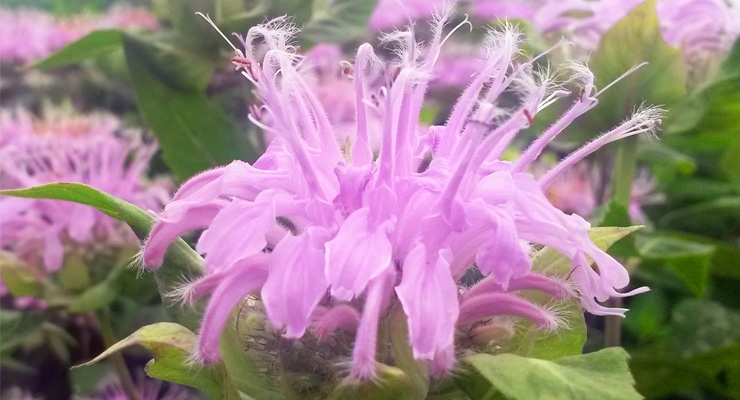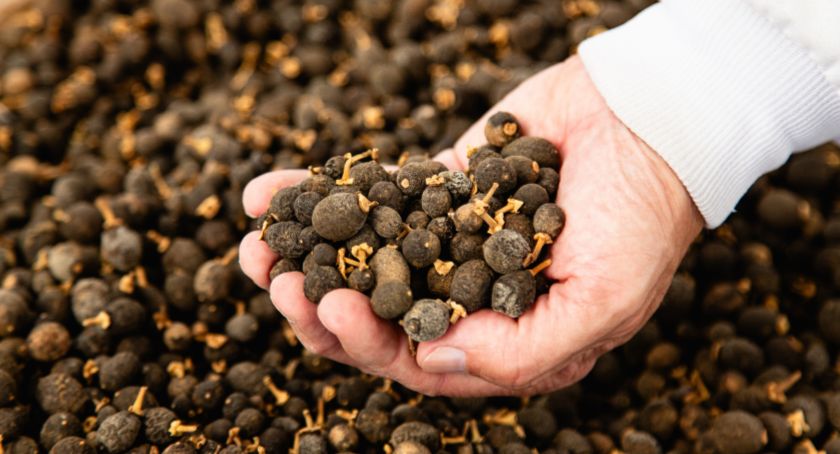Products & Ingredients
Biotech Firm Discovers New Health Component In Native Prairie Plant
Prairie Pharms has developed a method for cultivating a wildflower to produce a plant extract high in thymoquinone.

By: Sean Moloughney

Iowa biotech company Prairie Pharms, LLC has developed a method for cultivating a wildflower to produce a small molecule plant extract high in thymoquinone.
Prairie Pharms began growing Monarda fistulosa in 2010. While doing some research steam extraction in 2011, the company discovered the component thymoquinone (TQ) in the plant extract. None of Pharms’ research or literature searches had previously indicated the presence of TQ in Monarda. Pharms founder Bill Rohlfsen did some research and found information on the connection between TQ and health.
Prior to the discovery by Prairie Pharms, the most widely known source of TQ was black cumin seed oil, which is grown in the Middle East. The level of TQ in black cumin seed oil is very low ranging from .3% to 1.6%, highly inconsistent, and untraceable.
Prairie Pharms’ results revealed 10% TQ in Monarda fistulosa. Further, the TQ found in Monarda fistulosa is cell permeable and lipid soluble, unlike the black cumin seed oil. “When you are the only people growing something that no one has ever tried to grow commercially, you have the best education tools available, which include lots of mistakes and accidents, which create knowledge. For us, it has been incredibly humbling to have discovered this new source of U.S.-derived Thymoquinone,” said Mr. Rohlfsen.
In 2013, research found individual traits in some of the thousands of plants Prairie Pharms tested. The plants exhibiting those traits (individual clones) are being propagated to increase the TQ content. Taking care to preserve what it had discovered to date, Prairie Pharms filed U.S. and worldwide patents covering methods used to grow the Monarda, and the components it produces in the extract. Those patents were approved in the U.S. in July 2015 and are pending in other countries.
Today Prairie Pharms has 750 acres of Monarda and is the largest grower in the world, according to Mr. Rohlfsen. “We are on the forefront of something incredible. Many Biopharma companies struggle for years searching through molecular compounds at random, hoping for a hit. We have it.”
Because the Monarda plant extract naturally contains TQ, it is not a drug. It has entered the cosmetic market with a topically applied product, which can also be used with a diffuser for inhalation. The small molecule size easily passes through the skin into the bloodstream, and into every cell in a very short time, according to the company. Next up is a gel cap that protects the extract and passes through the stomach into the small intestine where it releases.
Prairie Pharms is also actively looking partners in these markets to see if adding this extract to product lines would be of interest. Prairie Pharms has registered the plant extract “Monarda Gold.”




















